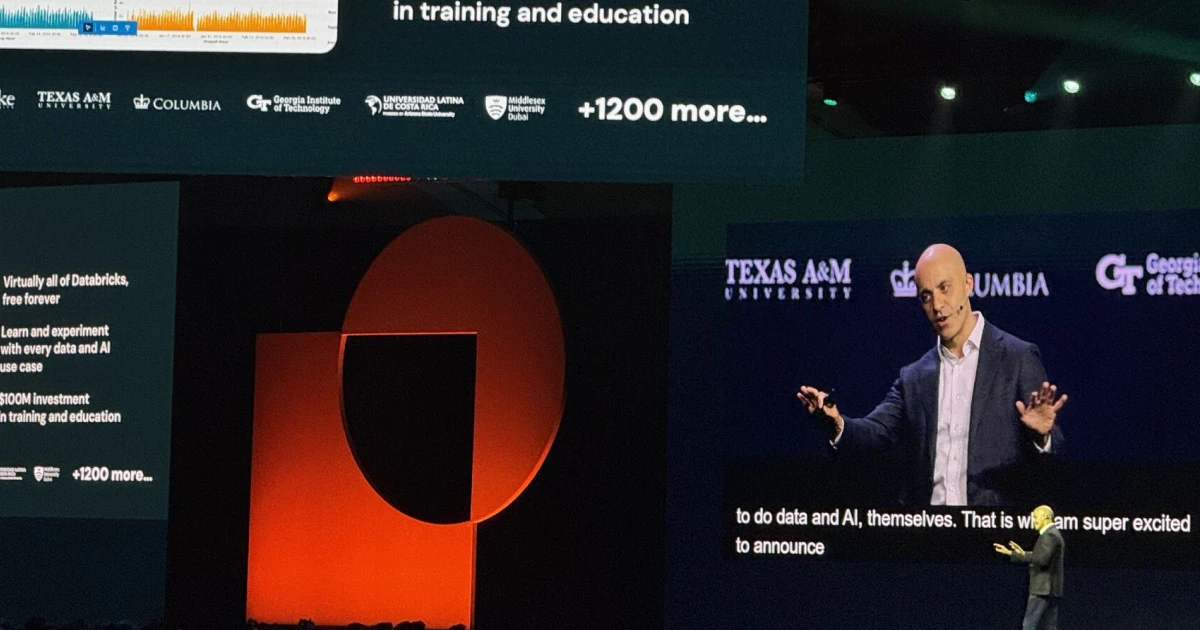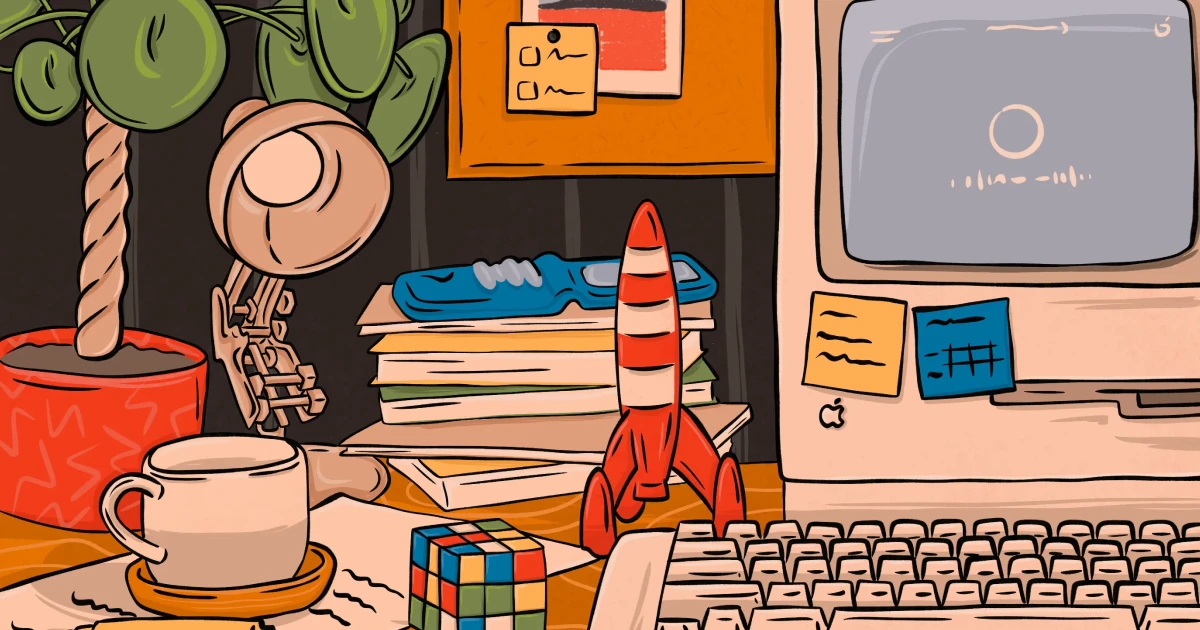Let’s take a look at the trends that are currently disrupting the EdTech industry in 2025!
- Gamification of Education
Admit it! We’re all more motivated to achieve something when the experience seems more fun. This is the case for education as well. And developers have realized that. So it’s no surprise that gamified learning experiences’ popularity keeps accelerating quickly. After all - with the timespan of young adults plummeting lower and lower, new ways have to be found to keep the students engaged.
And it makes sense! The incorporation of gaming elements such as rewards, fun competitions, and messaging similar to social media enables our students to step into a reality where they feel more engaged in their learning process. And with this comes positive outcomes as well. Let’s be honest – wouldn’t you feel more motivated to learn history or geography notions if it was presented in a format similar to Candy Crush?
We can see how great gamification is for education when we think about Duolingo. The gamification features in the app are pretty amazing and keep you coming back for more. Duolingo offers badges and leaderboards to encourage its users to spend more time on their platform. It’s kind of amazing that you can get competitive with a friend of yours for learning a foreign language! That’s a good example of competitiveness, right?
But yes - we need to find gamification features for physical classes - that’s the focus right now. Duolingo is great, but it still cannot replace learning a language with a teacher or in class. That’s why we need a combination of these!
- The use of VR and AR
With the booming of immersive technologies, Virtual Reality (VR) and Augmented Reality (AR) technologies were also bound to impact education. But this is a good thing!
Immersive technologies such as AR and VR, enable students to experience a new learning method, yielding better results. Especially in fields where it’s more complicated or even impossible to learn through a traditional online screen-based practice. Imagine if this technology was fully developed during the COVID-19 pandemic. If that were the case, then schools and universities would’ve been more prepared to deal with this crisis and make sure that no information or classes would be lost
For instance, for students to learn a new language faster, it’s much easier for them to actually use it in real life, rather than just learning it by textbook. So how can we do that? We can use VR (virtual reality) and AR (augmented reality) technologies to allow them to visit new places and interact with people in that language.
Even more so, because medical students were one of the most affected categories, it was challenging for them to practice what they learned. However, with access to immersive learning, they can easily be trained and apply the techniques they learn.
- Chatbots and Artificial Intelligence,
It is undeniable that artificial intelligence (AI) is becoming smarter and smarter. And the good part? We can use artificial intelligence to our advantage.
With the emergence of OpenAI and ChatGPT, AI allows our students to have access to unlimited information. Although we already have Google, ChatGPT provides us with a customized learning experience. Something that teachers might not be able to provide. After all, there are a minimum of 20 students for each class.
Even more so, with the rise of AI-powered chatbots, students can improve their writing and grammar skills. Though we should be careful with it as it might lead to forgery, as students are always looking for the easy way out – we all can agree on this.
And speaking of forgery - unfortunately, that is the case right now. We couldn’t have expected to see something positive from the beginning, right? Of course, people always want something to make their work easier - especially students. Therefore, it will take some time before we can set some regulations regarding AI chatbots in classes, as we do not fully grasp the concept just yet.
It can become a great asset for education - but for now, it feels more like a burden.
- Online Courses
There’s no denying that education is changing. However, some professors and institutions might have difficulty catching up with these evolutions. And while this might not represent an issue for some, it clearly is for others.
Imagine having a course regarding Social Media Trends, and your lecturer is still teaching the trends that were at the beginning of the 2010s. Pretty annoying, right?
So that’s when these students opt for online courses from platforms like Coursera, Udemy, and so on. But online courses are not necessarily a new notion. They have been around for more than a decade. However, its popularity keeps growing amongst students of all ages, especially with online education, and investors seem to recognize that.
Here’s a catch as well - because you need to be careful about the courses you’re about to enroll in. Not all are great! And you might get scammed if you do not do your research carefully. That’s right! Some courses are just not that in-depth, or the creators are overselling them. You do not want to find yourself in that situation. What should you do? Reach out to people who have tried the course or read genuine reviews. This way, you will make sure that the course you’ll spend your money on is legit and will bring you value.
- Entertainers become Educators
Do you know those ads from MasterClass where celebrities are promoting their courses? Of course, this correlates with the above-mentioned trend, but it’s happening right under our noses.
And we have to acknowledge that over the years, entertainers have acquired skills that no other educator can teach us. Plus, it’s an added factor that we learn from their firsthand experience. It’s one thing to learn from a professor with little to no experience in directing a movie, and it’s another to learn from a world-renowned director such as Martin Scorsese. And let me tell you - the Masterclass from Scorsese it’s pretty good, so give it a try if you’re at the start of your career in filmmaking
Even more so, students benefit from learning from entertainers just from the mere fact that it enhances their motivation. Admit it – wouldn’t you be more inspired to learn from your heroes?
It is undeniable that the future of education is continuously growing. So, Embrace the future of education! Your students are going to thank you for that!















